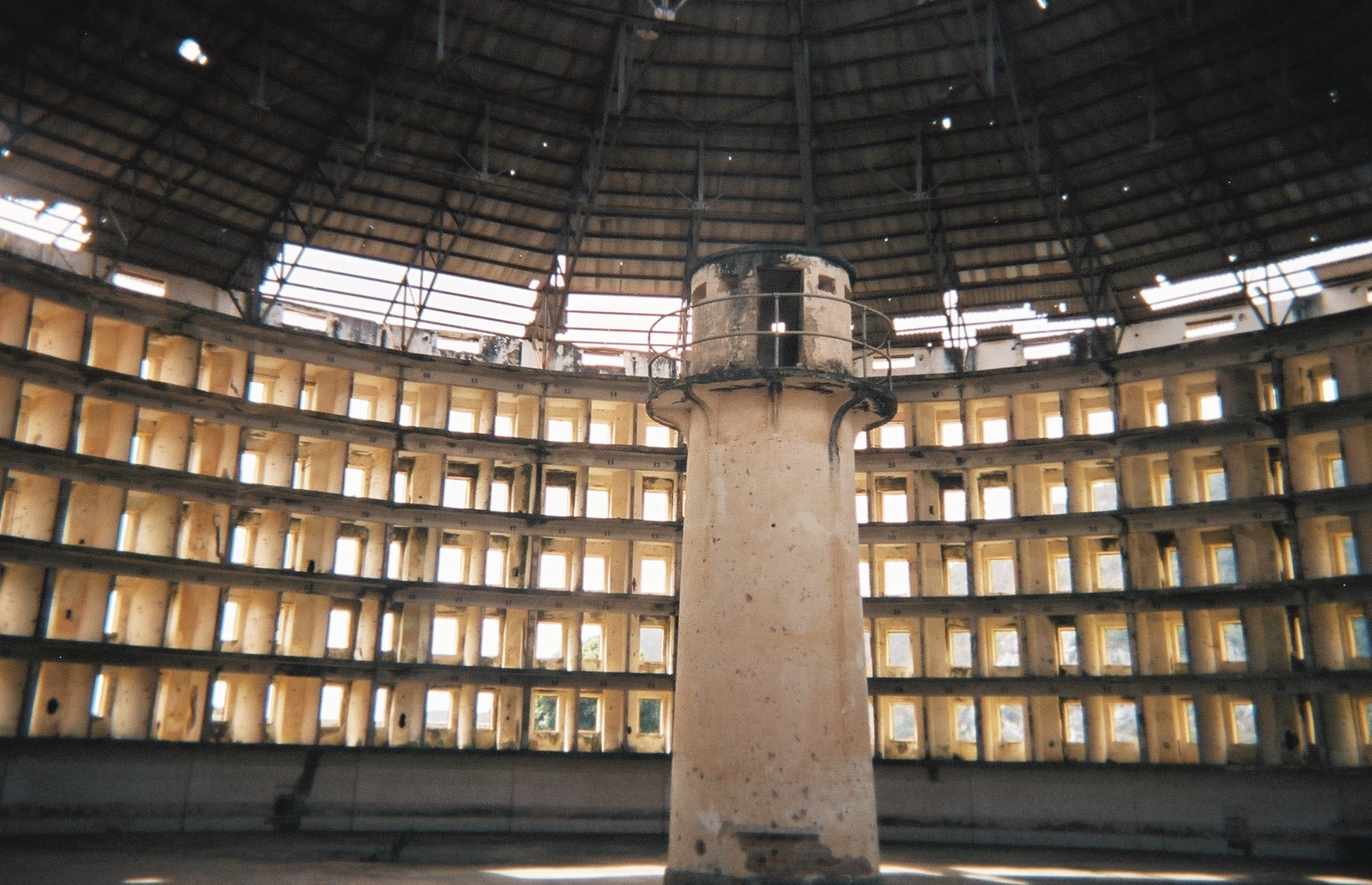Tip of the privacy bug
11 Feb 2019Have you ever experienced talking to a friend about a trip, to say, Thailand, after which you got YouTube recommendations of Thailand Vlogs or Google ads with cheap flight tickets to Bangkok? If you have, you’re not alone! Companies such as Google and Facebook hoard data about us all the time by snooping our microphone conversations, tracking our web-searches and “likes” on social media in order to provide more relevant web content. But you may think that such data cannot be of much consequence as they are not really “private” information. While this argument may seem convincing, in reality, it is flawed, as continuous accumulation of even innocuous looking information affects us subtly, in a negative manner. To get a better sense of this, think about a hypothetical (not so hypothetical) scenario, where your employer watches all your actions. Being aware of this fact, would you still be doing the same things?
In this post, I will discuss why online privacy is important and why we should care.

What exactly is private information, to begin with?
To put it concretely, private information refers not only to sensitive data such as your sexual orientation and political standpoints, but also to the seemingly harmless information constantly collected by some governments and companies.
The Halloween Day Psychology Experiment
A psychology experiment conducted in 1976 gives us some hints on how humans alter their behaviour when observed. Researchers performed the experiment with kids during a Halloween party. When kids came home seeking chocolates and gifts, people of the house asked the kids to take one chocolate each from the living area. In all cases, there was nobody in the living area when the kids collected their chocolates. But in half of these houses, researchers placed a mirror in front of the chocolates, so that the kids could see their reflections while picking up the toffees. The results showed that the kids were more likely to take more than one chocolate when there was no mirror in the living area. This experiment concluded that humans are subconsciously sensitive to being watched upon, be it a video camera or a photograph of your mom or even a mirror and this makes us alter our behaviour.
Relevance of the Experiment to our problem
Just like the kids during the Halloween party, people in the online world, will change their behavior, knowing that they are being watched upon, in order to maintain a clean digital profile. To give you a crude example, a person applying to Google for a job may refrain from performing web searches about other companies, for the fear that Google may use his/her search history data during the hiring process.
In general, being monitored and tracked will make people do things that conform to certain beliefs and are acceptable. For instance, we may avoid following a certain political party or journalist on Twitter, and abstain from participating in protests even when we want to, for the fear of being monitored by those in power. While this may not be true today, with mass-surveillance, this will certainly become a reality. What is more scary is the fact that we may not be fully conscious of the changes in our behavior, and such changes will slowly erode our right to freedom and leave us in a mental prison, if you will.
The Privacy Prison
In the late 18th century, English philosopher Jeremy Benthem designed a building called Panopticon that can let its authorities watch over all the inmates from the central “inspection house”, without the inmates knowing whether they’re being watched or not. This design has been an inspiration for several prisons around the world, including the Presidio Modelo Prison in Cuba shown below. Although not everybody can be watched at the same time, the idea was that the prisoners, out of fear of being surveilled, will always adhere to rules of the prison.

While these prisons may sound like extreme cases of surveillance, what we should realize is that, even though we live within secure spaces of our homes protected with locks and password-protect our bank accounts, we are all electronically naked. This is because we trust these very banks and all the third-party ad agencies that track us across websites with our information. A recent study shows that an average American checks his/her phone $80$ times a day. This addiction further aids companies such as Google, which we almost feel like are essential to our existence, capture a panorama of our lives.
Two pithy sayings that capture the mood of this blog are –
Arguing that you don't care about privacy because you have nothing to hide is no different than saying you don't care about freedom of speech because you have nothing to say.
– Edward Snowden, former Intelligence Community officer and whistleblower
Those who do not move, do not notice their chains.
– Rosa Luxemburg, a Polish anti-war activist
In summary, the negative implications of penetration of companies such as Facebook and Google through incidents such as Cambridge Analytica are just a tip of the iceberg. If we don’t pay heed soon enough, it will be too late to free ourselves from the clutches of surveillance. However, we can still bring this under control to some extent, by taking few steps such as those mentioned here. I hope to write a future blog explaining some of the steps that we can take in this respect.
References
Here are some of the references, without which this article wouldn’t be possible.
